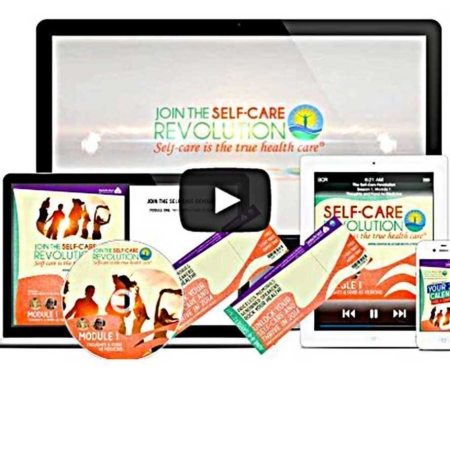Have you been working out all spring and into the summer months but you’re just not seeing the results you hoped for especially around the mid-section? This is something I hear a lot from women who are getting older; despite their efforts, they still have fat around the belly.
There are a lot of factors at play here, for instance, hormones have a major impact on belly fat. So how do you banish the blubber around your belly? Let’s take a look at a few reasons why your body might be holding onto it despite your hard work.
You are growing older
As we grow older, our bodies undergo a number of changes and this includes the manner in which it gains and loses weight. Whether you are a male or female, your metabolic rates decline and the calories which your body needs also decreases. Females have to go through menopause, which may add more fat to their bellies. These hormonal changes prevent you from reducing your fat.
Your workout routine is not specific
If you want to decrease your belly fat, you need to do specific exercises. Every type of workout program will not help you. As an example, cardio workouts are a great choice for your heart, but not for your waist.
However, strength training can increase muscle mass, which may allow your body to burn more fat. Try adding 60 minutes of moderate intensity or 30 minutes of high intensity strength training to your workout routine four times a week and you will soon see some of that fat disappear.
You consume processed food in significant quantities
Refined grains and even refined sugar can increase inflammation, which may lead to more belly fat or at least prevent you from losing it. If you are trying to lose fat, you should avoid processed food as much as you can.
Also try to include as many natural foods as you can in your diet. Fruits, veggies and whole grains have anti-oxidizing properties which reduce inflammation and may prevent you from accumulating fat in your belly.
You are not eating the right fats
Your body does not respond the same to different types of fat. Saturated fat is limited to an increase in visceral fat, whereas mono saturated fat can reduce inflammation and help your body lose that stubborn belly fat. Examples of foods which contain these fats are walnuts, avocados, olive oil and sunflower seeds.
Do you have any great tips for losing belly fat? Share them in the comments section!
Connect with me on Social Media: Facebook – Twitter – Google+ – LinkedIn – YouTube – Pinterest
Join me and other amazing speakers on The Self-Care Revolution
Find answers to your health care questions at Santa Fe Soul

 Read Previous Post
Read Previous Post

 Read Previous Post
Read Previous Post

 Read Previous Post
Read Previous Post
 Read Previous Post
Read Previous Post
 Read Previous Post
Read Previous Post

 Read Previous Post
Read Previous Post
 Read Previous Post
Read Previous Post

 Read Previous Post
Read Previous Post